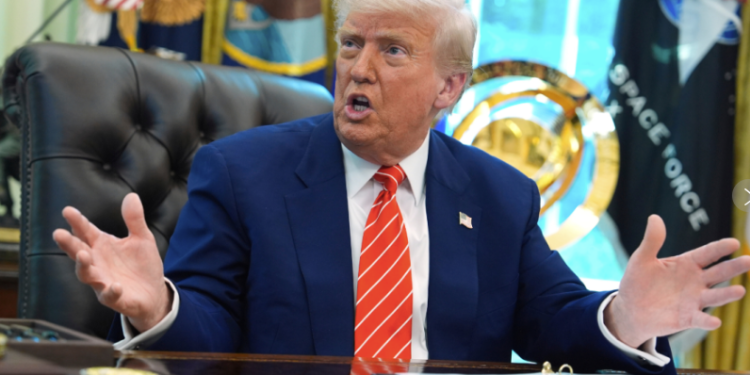WASHINGTON — The U.S. Supreme Court on Friday lifted a federal court order that had temporarily protected more than 500,000 migrants from deportation, allowing the Trump administration to end humanitarian parole protections for people from Cuba, Haiti, Nicaragua, and Venezuela. This move comes shortly after the Court permitted the administration to revoke similar protections from approximately 350,000 Venezuelan migrants, potentially exposing nearly 1 million people to deportation.
The Court’s brief order did not provide a detailed explanation, which is typical for emergency docket rulings. Two justices, Ketanji Brown Jackson and Sonia Sotomayor, publicly dissented, warning of the severe impact on the lives of half a million migrants whose protections will unravel as legal battles continue.
The humanitarian parole program was introduced during the Biden administration and allowed migrants fleeing instability and danger in their home countries to enter the U.S. legally with financial sponsors for two-year periods. Unlike typical immigration statuses, parole was intended to be temporary and revocable, but the scale of this revocation—termed “the largest mass illegalization event in modern American history” by migrant advocates—has alarmed many.
Justice Jackson, in dissent, emphasized the human cost, echoing a federal judge’s concerns that ending protections prematurely forces migrants into impossible choices: leave the country or face loss of legal status. The judge had blocked the administration’s attempt to end the program but allowed parole revocations on a case-by-case basis. The Trump administration argued this approach was impractical, insisting the law permits mass revocation without individual reviews.
The Supreme Court’s decision effectively halts protections while the case proceeds in the 1st U.S. Circuit Court of Appeals, returning the fate of these migrants to lower courts for further consideration.
White House spokeswoman Abigail Jackson defended the administration’s actions, saying Biden-era policies did not align with immigration law and expressing confidence the Supreme Court will ultimately uphold the government’s position.
Critics like Karen Tumlin of the Justice Action Center warn the ruling will unleash widespread disruption for migrants, their families, workplaces, and communities.
This case marks one of many immigration-related emergency appeals by the Trump administration to the Supreme Court, reflecting its broader efforts to dismantle Biden administration immigration policies. Trump had campaigned on deporting millions and has pursued aggressive immigration restrictions in office.
The Supreme Court has ruled against Trump in some related cases, including a decision limiting swift deportation of Venezuelans accused of gang ties under the rarely used Alien Enemies Act.
As this contentious legal battle continues, hundreds of thousands of migrants face an uncertain future, with their temporary legal protections hanging in the balance.








